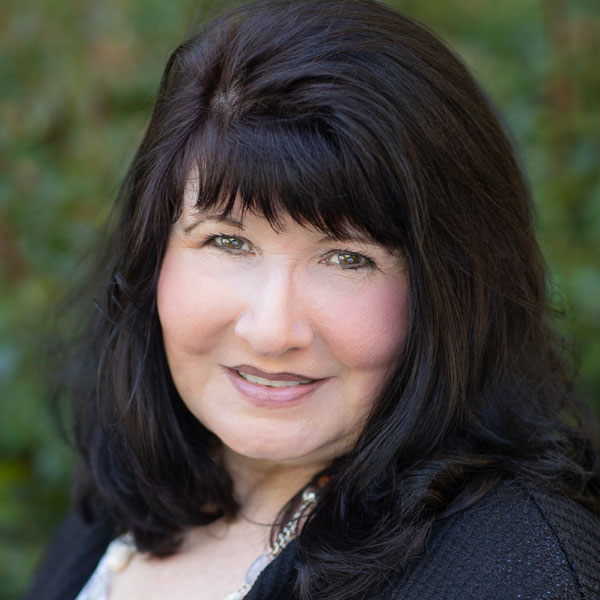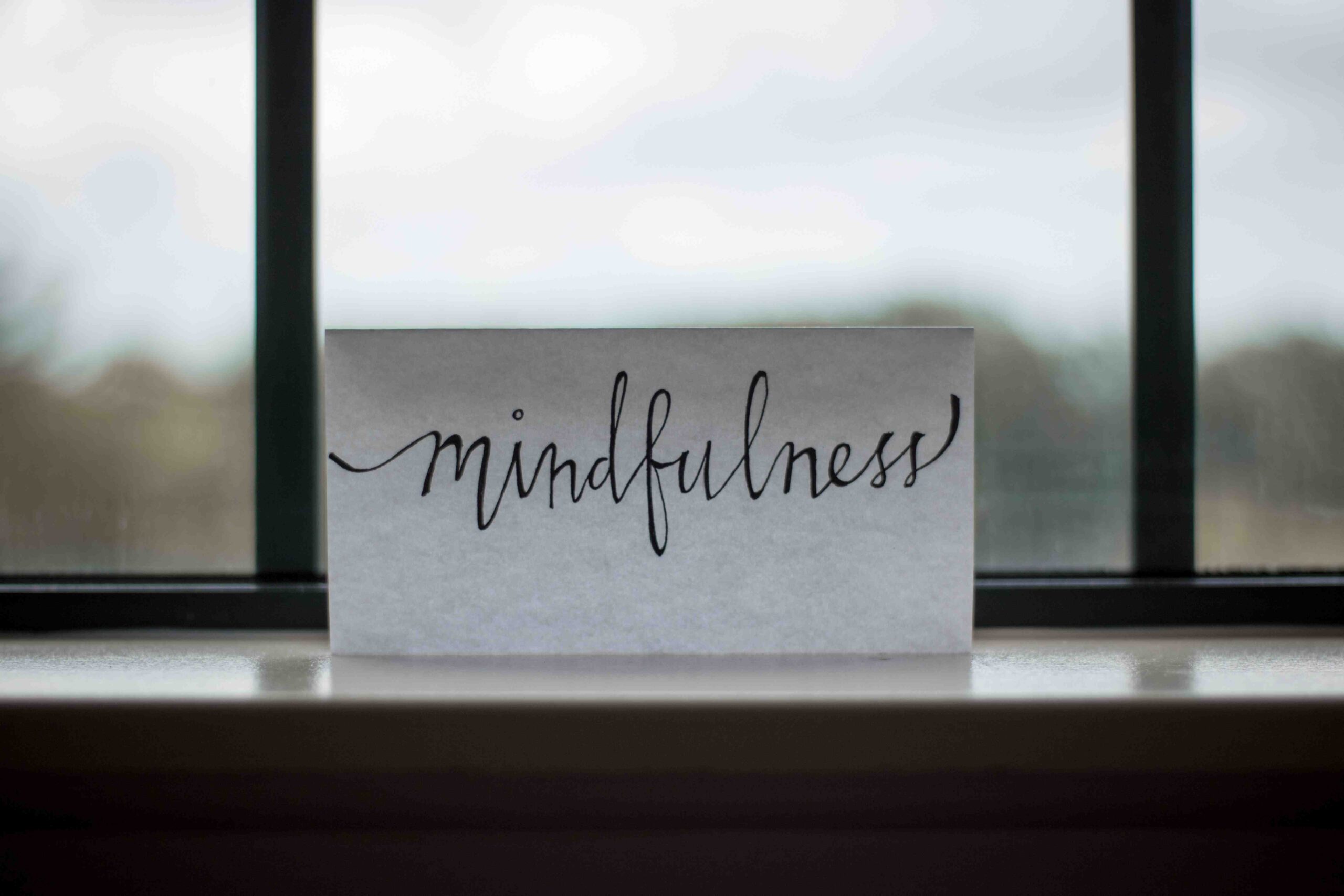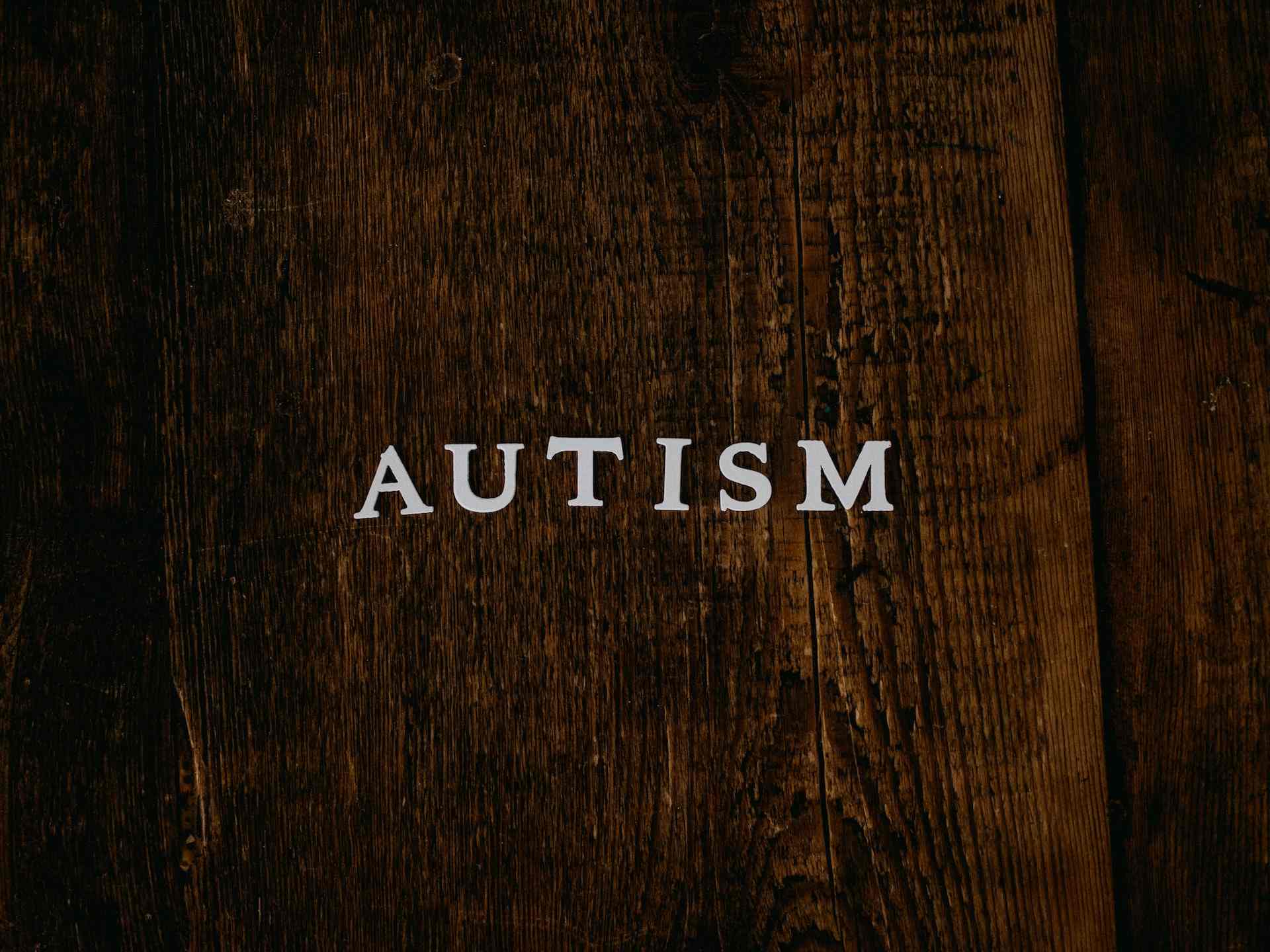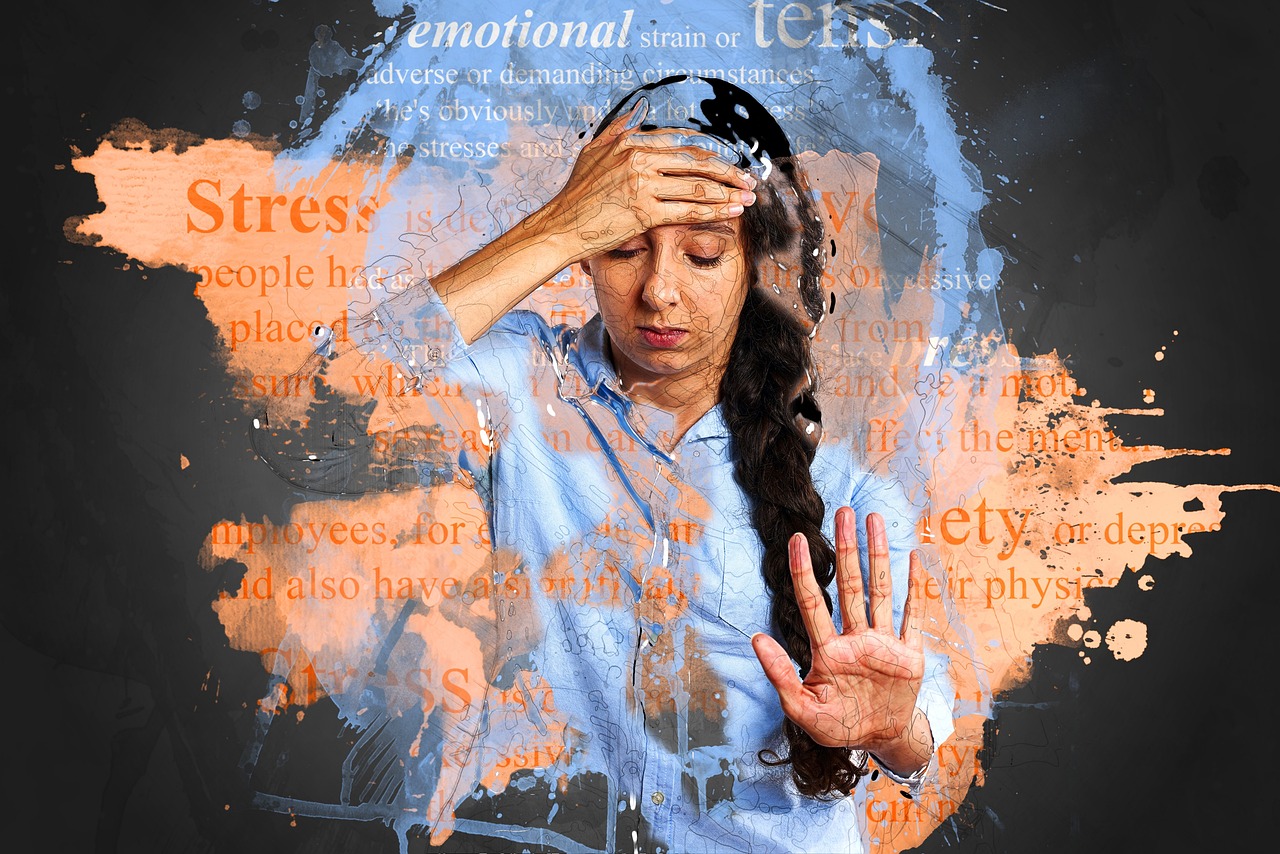-
 Kat Foley : Author
Kat Foley : AuthorAs a Christian counselor, I believe our relationship with Jesus Christ, as well as faith and biblical principles, serve as the foundation of the therapeutic alliance. Whether you are suffering from depression, anxiety, trauma, or a clinical disorder, I provide a safe space in which you can identify and work through your presenting problems by using God’s Word and the power of prayer coupled with evidence-based practice as guidance. I am part of a multicultural family, and I work well with adults from various multicultural and socioeconomic backgrounds. Please note I work exclusively with adults age 18 and older. I look forward to serving you as you see God move and transform your life!
-
 Kate Motaung : Curator
Kate Motaung : CuratorKate Motaung is the Senior Writer, Editor, and Content Manager for a multi-state company. She is the author of several books including Letters to Grief, 101 Prayers for Comfort in Difficult Times, and A Place to Land: A Story of Longing and Belonging. Kate is also the host of Five Minute Friday, an online writing community that equips and encourages Christian writers, and the owner of Refine Services, a company that offers editing services. She and her South African husband have three young adult children and currently live in West Michigan. Find Kate’s books at katemotaung.com/books.
Seasonal Affective Disorder (SAD) is a form of depression, also called seasonal depression or major depressive disorder with seasonal patterns. It affects 5% of the adult population, most noticeably between January and February, and is more prominent in women than in men. It commonly begins between the ages 18-30. There are rarer cases of seasonal depression occurring in summer, sometimes called “summertime sadness.” Those who live in the northern hemisphere, where there are fewer daylight hours during the winter
Anger is one of many emotions that can and will be felt and experienced throughout life. Anger is what is called a primary emotion. A primary emotion is an emotion that is typically universally recognized and is displayed in the person’s body language and facial expressions and can be a result of anger issues. The other primary emotions are: sadness, disgust, surprise, joy, and fear. Despite what many people say, or even teach to their children, anger is not
Your mental and emotional health determines how well you bounce back from disappointments, hurts, trauma, and betrayal. It directly impacts your well-being. Mental and emotional health in turmoil can make a person physically ill. For example, suppose you develop anxiety from too much stress over a long period. In that case, you might experience headaches, high blood pressure, rapid heart rate, excessive sweating, insomnia, and irritability. To keep your well-being at optimal levels, consider setting goals for your mental
Feeling down after a breakup is a typical emotion. You invested time and energy into a relationship that did not work out. But some breakups hit harder than others. After a breakup, you may go through the stages of grief: shock (denial), anger, bargaining, depression, and acceptance. Many of us get stuck in the depression stage of the process. This pervasive sadness steals our motivation and stops us from living life. However, depression after a breakup is not the
Depression is one of several mental health diagnoses that build momentum from the sadness, anger, and hopelessness that it deposits in those who experience it. Its symptoms influence our moods, behaviors, and bodies, leaving us as an exhausted, irritable shell of ourselves. It persuades us to trade our status as beloved sons and daughters for diminished esteem and enhanced distrust of God, ourselves, and others. As a result, we experience fragmented thoughts, emotions, and behaviors that isolate us from
Are you and your partner increasingly at odds with one another? Do you wonder if couples therapy might be able to help? According to the American Psychological Association, couples therapy is effective at restoring relationships approximately 75 percent of the time. But the key is not to wait too long. Love is a feeling, but a healthy relationship is a skill. – Linda Carroll, LMFT The longer you wait, the more deep-rooted bad habits become and the harder it
The idea of mental health can sometimes seem difficult to fully comprehend. It encompasses so many aspects of our lives and wellness we can struggle to see how they all work together. Even more significantly, we can struggle to grasp how they impact our emotional, social, mental, and physical wellness. There can often be two extremes when it comes to considering your mental health. The first is denial that anything could be amiss. When you are operating with this
According to the Mayo Clinic, Autism Spectrum Disorder (ASD) describes a neurodevelopmental disorder which affects how a person perceives and responds to others in social situations. People with ASD often have problems with social communication and interaction with others, which can cause issues in forming and maintaining relationships with others. ASD is often accompanied by repetitive and limited patterns of behavior, and people with ASD will also often have different ways of moving, paying attention and learning. The term
Getting older can be a very difficult process for your parents and comes with inevitable changes in their minds and their bodies. Forgetfulness, repeating the same questions, getting regularly lost while driving, keeping up with housework, and remembering to pay bills are common signs of aging. Aging can also make some people more withdrawn, suspicious, or paranoid. When these situations surface adult children are increasingly confronted with questions of whether it is safe for their parent to continue driving
If you are searching for natural remedies for anxiety, you have come to the right place. Anxiety is a common response to stress or danger. Almost everyone experiences it at one time or another. However, when it becomes excessive or disproportionate to the circumstances, it can harm your physical and mental well-being, sap your energy, and turn into an anxiety disorder that interferes with your ability to cope with day-to-day life. Different people experience anxiety in different ways. Symptoms
Depression can be a fog. At times it sneaks in and changes your whole day. You go from feeling ready to take on the world to feeling like you can’t take a step. Depression lurks before you get out of bed telling you this is how today is going to be. If you are a creative person, depression can zap you dry. You can go from being on a creative high to having nothing to say (or paint, draw,
Katie is a mother of two beautiful children, happily married, and with an enjoyable career. Her life seemed perfect. However, if you were to ask Katie, she would tell you she’s anxious. She doesn’t know when exactly the anxiety started. She remembers being an anxious child. Sometimes her anxiety gets the best of her, and she begins to worry aloud in front of her husband Kevin. He tries to listen sympathetically but often feels overwhelmed by the barrage of













